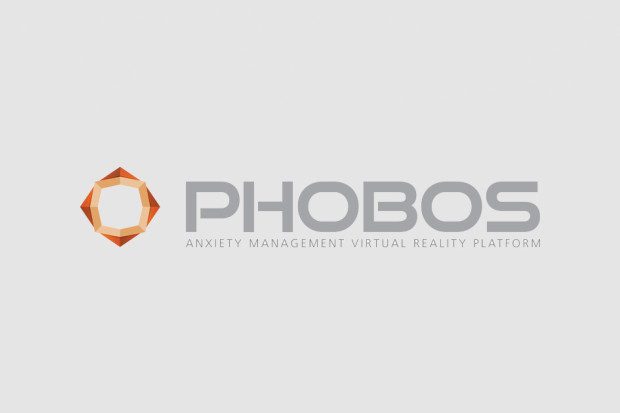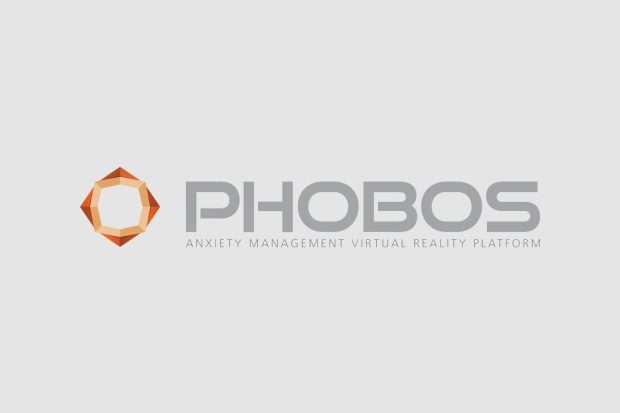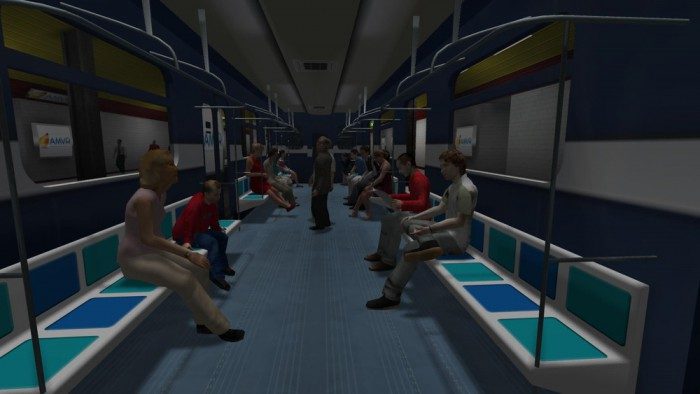While virtual reality is a great tool for entertainment, it’s about more than just games and movies. It has the potential to assist in treatments during therapies in the medical related fields as well. Even now, researchers are beginning to experiment with the ability of VR to treat phobias and anxiety using recently available consumer-level VR hardware.
As stated in the video below, “anxiety is one of the most frequent mental health problems affecting 18-25% of the population. In the US alone, 6 million adults suffer from a phobia or anxiety disorder.” Disorders of this nature influence the daily lives of many which can be crippling for those affected by it.
In order to address issues surrounding anxiety, a software startup named PsyTech is developing a platform for virtual therapy. PHOBOS, as they call it, offers a transitional space that allows people to manage their symptoms in a private setting.
Other, more traditional, techniques involve the patient facing their problems head-on through rigorous procedures that bring the person in direct contact with the cause of their anxiety. This is called ‘exposure therapy’ and can be very costly and time consuming depending on the phobia. For example, if an individual is afraid of airplanes, the doctor and the patient would book tickets together and would ride the vehicle into the air to see if any symptoms surface during the trip. Clearly, such a trip could come at significant cost.
PsyTech has created several experiences that teleport users into an environment that could trigger a panic attack without the need to expose the patient directly to the underlying trigger. The company says that “studies have shown that virtual reality therapy can be as effective -or more- as in-vivo exposure (being exposed to real heights, for instance).”
Phobos provides researchers with a comprehensive and easy to use platform for their work, and initially targets a range of common phobias and anxiety disorders. Simulations include acrophobia (fear of heights) where a patient is taken up to the top of a ledge and told to look down. Phobos has also made experiences that address arachnophobia (fear of spiders), ornithophobia (fear of birds) and other creature related phobias. In addition, they have created simulations for aerophobia (fear of flying), claustrophobia (fear of closed spaces), agoraphobia (fear of dangerous environments) and other forms of chronic or acute anxiety symptoms that are triggered during certain situations typically found in crowded spaces.
PsyTech says they’re collaborating with universities, research facilities, mental health care professionals in an effort to develop the most versatile and anxiety treatment tool to date. Their approach with virtual reality means that the person doesn’t have to be exposed to the real stressor, but rather a virtual one; and it can be easily disengaged if needed.
Currently, PsyTech is raising funds for the Phobos platform on Indiegogo. Their goal is $25,000 which will be used to help bring anxiety management to virtual reality to those who need it.









